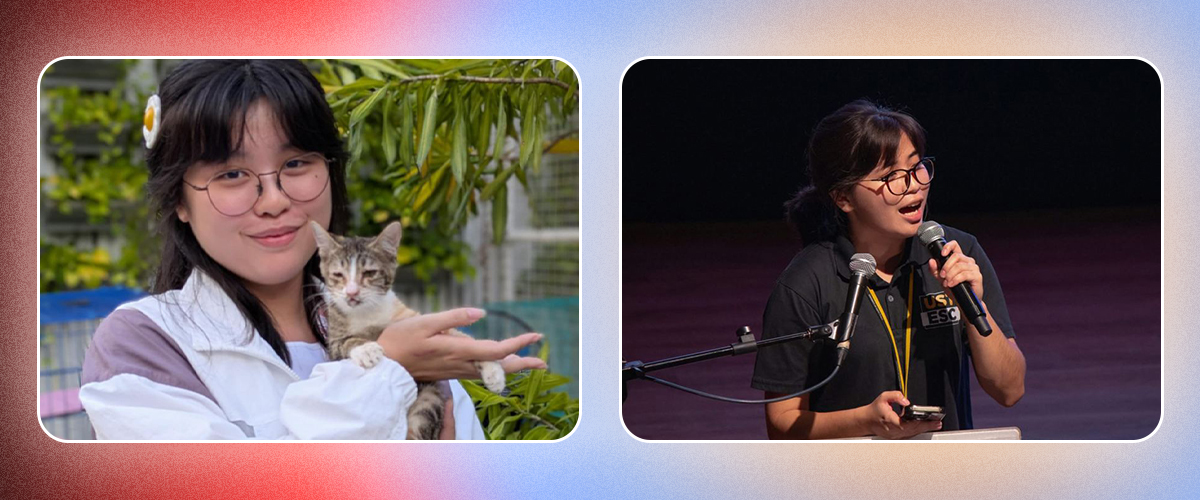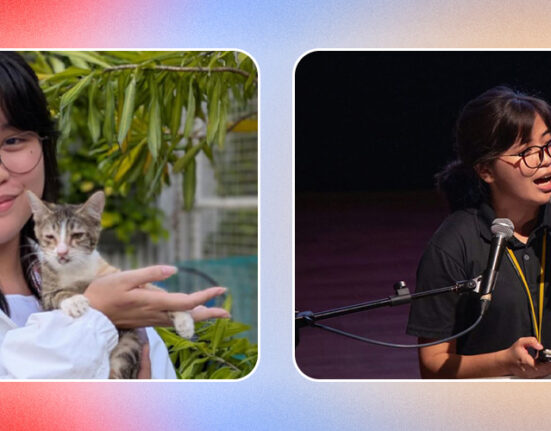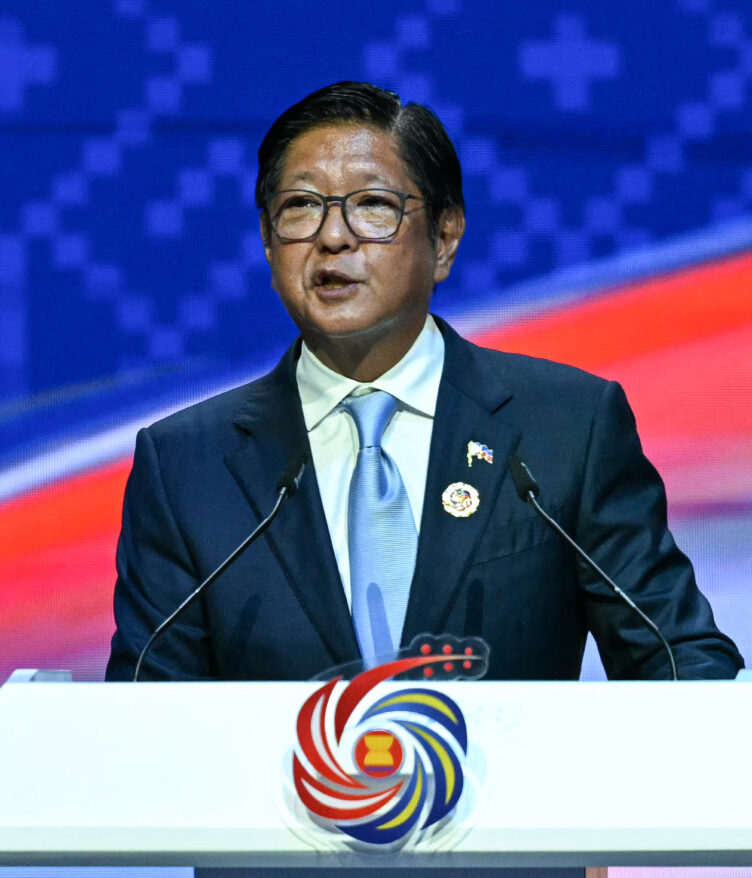STUDENT leaders go beyond their titles. They serve as the voice of the student body and bridge the gaps as they take initiative. In this generation, where young leaders are vocal and socially aware, they are showing that the campus can be a starting ground for real-world change.
Heard straight from Julianne Chuah, President of De La Salle University Professors for the Upliftment of Society’s Animals (DLSU PUSA); Matty Miguel, Pambansang Tagapangulo of National Network of Agrarian Reform Advocates Youth (NNARA Youth); and Yumiko Paderes, President of University of Santo Tomas Engineering Student Council (UST-ESC), about their leadership and advocacy transforming into action.
Building a Culture of Compassion for Animals
Julianne Chuah has steadily grown into her role as a student leader with her advocacy rooted in a commitment to animal welfare. She started as a director for artists and fundraising and later took on greater responsibilities, and eventually, the presidency of DLSU PUSA was entrusted to her. Each accomplishment was not just about holding a position because it was anchored on strengthening the values and foundation of her organization.
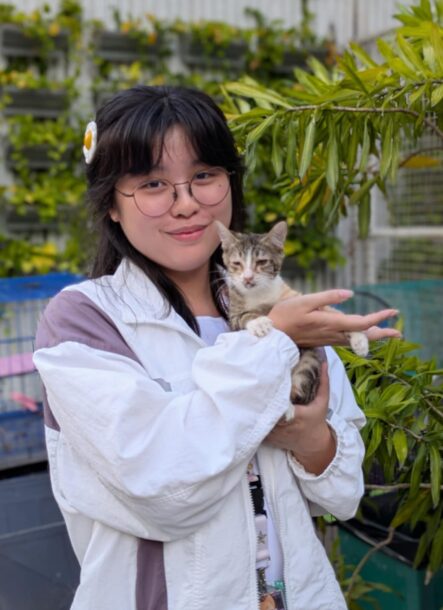
“So the way we do it, is of course, to take care of the campus animals. Just because—another common misconception is that because our org is named PUSA, that we only take care of cats. But in reality, it’s just an acronym that’s very open to all animals,” Chuah told RepublicAsia.
True to their mission, the group provided assistance not only to cats but also to dogs, ducks, and other animals that found their way onto campus grounds. Beyond the rescue and care, Chuah also shared that they educate students on responsible interaction with animals, emphasizing simple yet important rules of no petting, no feeding, and no dumping.
Still, Chuah acknowledges that sustaining the organization comes with challenges. While being the president is a fresh role for her, she plans to expand the organization’s reach. She hopes to leave a legacy that’s about connecting volunteers and non-volunteers together, where compassion for animals becomes an integral part of the culture, and eventually inspires other universities to do the same. To be known not just in the university, but beyond as well.
Rooted in Service for Empowering Farmers
Ever since she could remember, Matty Miguel always had the desire to step up. She carried this upbringing until college.
“Na-realize ko na dapat ilapat na siya sa masa, ‘yung kagustuhan natin na pagsilbihan hindi lang ‘yung kapwa estudyante pero pati ‘yung masa na makakasalamuha mo sa labas ng campus,” Miguel shared RepublicAsia.
During her freshman year, she found direction and inspiration through her academic program in Development Studies, which deepened her commitment to agrarian reform and integration with local farmers. Having witnessed the challenges and conditions the agricultural sector faces, she aspires to transform her advocacy into a tangible action to serve the masses.
Taking a stand for her advocacy is not a walk in the park. Miguel still faces struggles that she needs to overcome as part of NNARA Youth. Despite being new to her role, she remains determined to plan to connect with the youth through campaigns and build platforms for our local farmers. She ensures to oversee and plan best practices to improve their organizations.
Miguel believes in the power of collective action of other student leaders on her side. Together, they provide discussions and forums to contribute knowledge to others. Her motivation to push and take initiative is always rooted in who you are serving. A reminder taught in their program, “Development for whom?”
Amplifying Students’ Rights through Leadership
Yumiko Paderes considers herself a “late bloomer” in being a student leader, but she found her true purpose in serving the student community. For her, leadership is not about holding the title but amplifying student rights.
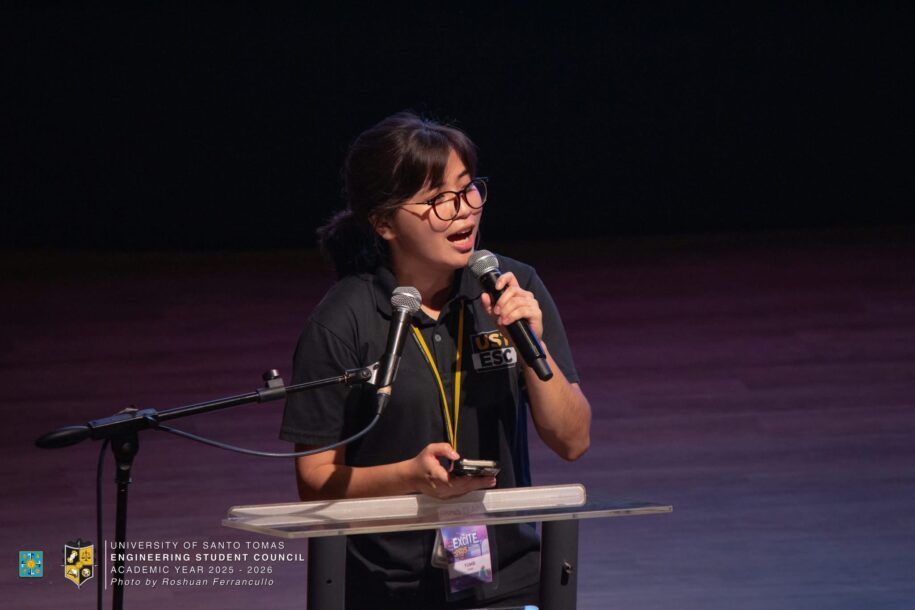
“I really love to help people. Parang mas madali for me if I see people, like everyone or the constituents, all of them are being given their deserved rights, their deserved services, their deserved welfare,” Paderes shared with RepublicAsia.
Paderes stay true and committed to their passion for serving people. She sets her sights on one of the recurring struggles in student councils: low participation in student elections. She wants to make a difference in increasing student participation for those who are hesitant to step forward. One of her ways to improve youth engagement is to start from the ground and be involved with more students, especially the freshmen. She believes that anyone has the potential to be a student leader. Thus, she hopes to encourage more students to take a stand and consider leadership as a meaningful change.
Aside from being the President of UST-ESC, Paderes is also a student scholar, which is why it’s important for her to balance her responsibilities and duties in being a student and a leader. She sees it as a part of her growth, setting an example that service and discipline are attainable to anyone who is willing to serve.
Campus Leaders, the Voices of Change
What unites these young leaders is the belief that being a leader is a driving force for change. The responsibility to act, inspire, and create a difference is not bound within the four walls of learning. It can stretch and go beyond.
“Minsan, it’s just about finding the right people and connecting with them. And [parang] making it bigger,” Chuah said.
Each of them carries a unique advocacy, and despite the challenges, they prove that young leaders are capable of being a catalyst for change, contributing to purposeful actions for the betterment of their community.
“And doon ko na realize na kaya ko pala siya. Siguro it’s quite scary at first, stepping out of your comfort zone or going into the unknown, wherein wala kang assurance if you’ll do well or not. But I think the most important thing here is to remember kung bakit ka nandito sa posisyon na ‘to, in being a student leader,” Paderes emphasized.
“Tayo bilang mga kabataan, para tayong mga sinag ng araw na kung saan-saan tayo pwedeng mapadpad. kasi nasa atin ‘yung lakas, nasa atin pa ‘yung talino, ‘yung liksi na mas matuto at mas makapagsilbi pa,” Miguel pointed out.
These stories reflect the perseverance of student leaders, bridging gaps in the efforts to improve what is often overlooked. And when young people lead, they don’t just shape their schools, they shape the future.
With reports from Eunice De La Cruz
How useful was this post?
Click on a star to rate it!
Average rating 5 / 5. Vote count: 2
No votes so far! Be the first to rate this post.
We are sorry that this post was not useful for you!
Let us improve this post!
Tell us how we can improve this post?

